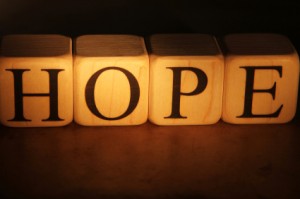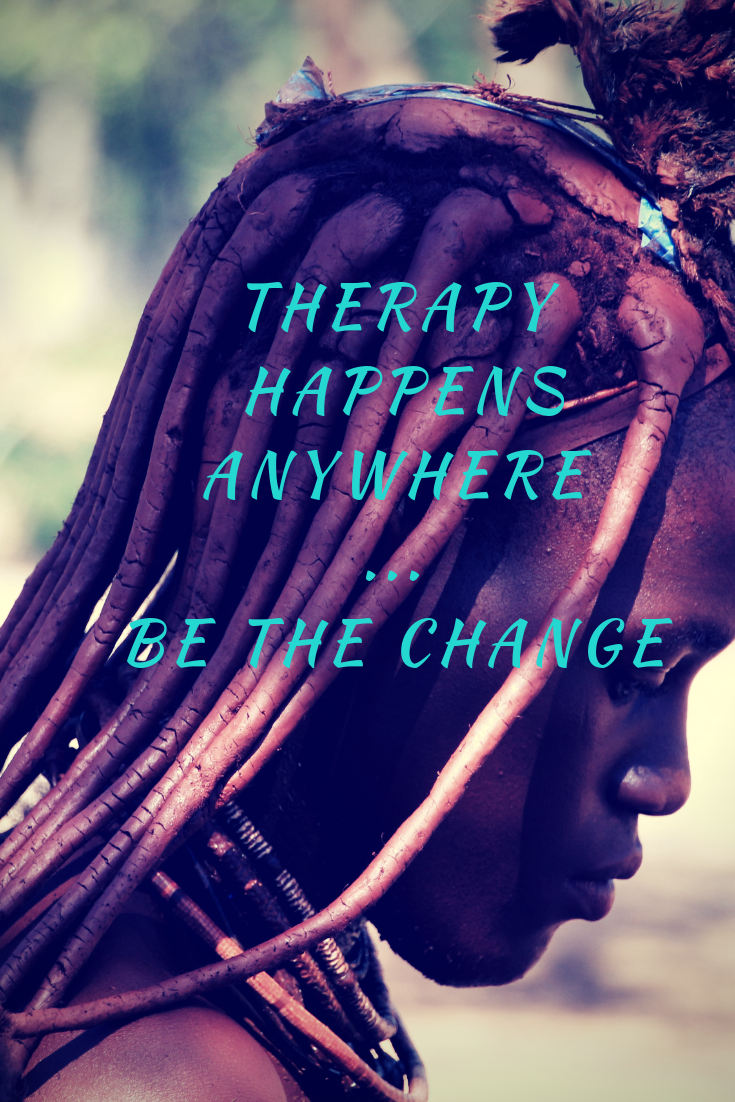
Resilience is the ability of an individual to cope with stress and adversity and to overcome difficult experiences eventually. Resilience (along with impulse control) is arguably the single greatest predictor in assessing for suicide; most clinicians believe that if an individual has successfully navigated adverse life events in the past, they will be able to utilize their resources to do so again successfully.
Hope Floats
Unfortunately, one of the greatest barriers to developing resilience is a lack of hope and faith in self. Beginning in early childhood, the messages we send our children impact their self-concept and their ability to build healthy self-esteem. Significant adults (parents, teachers, caregivers, grandparents) must engage in a precarious dance of moderation, finding our way to the middle. As adults, we must do enough to fulfill basic needs yet not too much to encroach upon the child’s ability to develop on their own entirely.

The messages must be clear:
- You can and will fail in life, and that is okay; failure teaches us how to cope and learn from bad experiences.
- Life is not clean and clear-cut; it is messy, and that is okay because we need to develop frustration tolerance. It helps us to ride out the bad times.
- Hope can always be restored with positive experiences. It takes time and a healthy environment to show that life can be a rich and rewarding experience.
- And my personal favorite, “Don’t say I can’t; learn how to ask for the help you need.”
As a therapist, I’ve had the privilege of witnessing the transformative power of hope and resilience in the lives of my clients. There is a profound connection between hope, resilience, and mental well-being and how to harness these qualities to navigate life’s ups and downs.
What are some of your messages that teach resiliency and hope in your homes?

